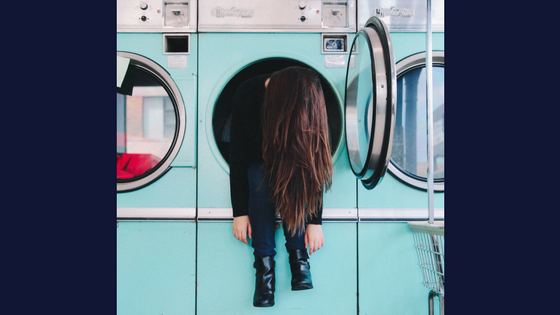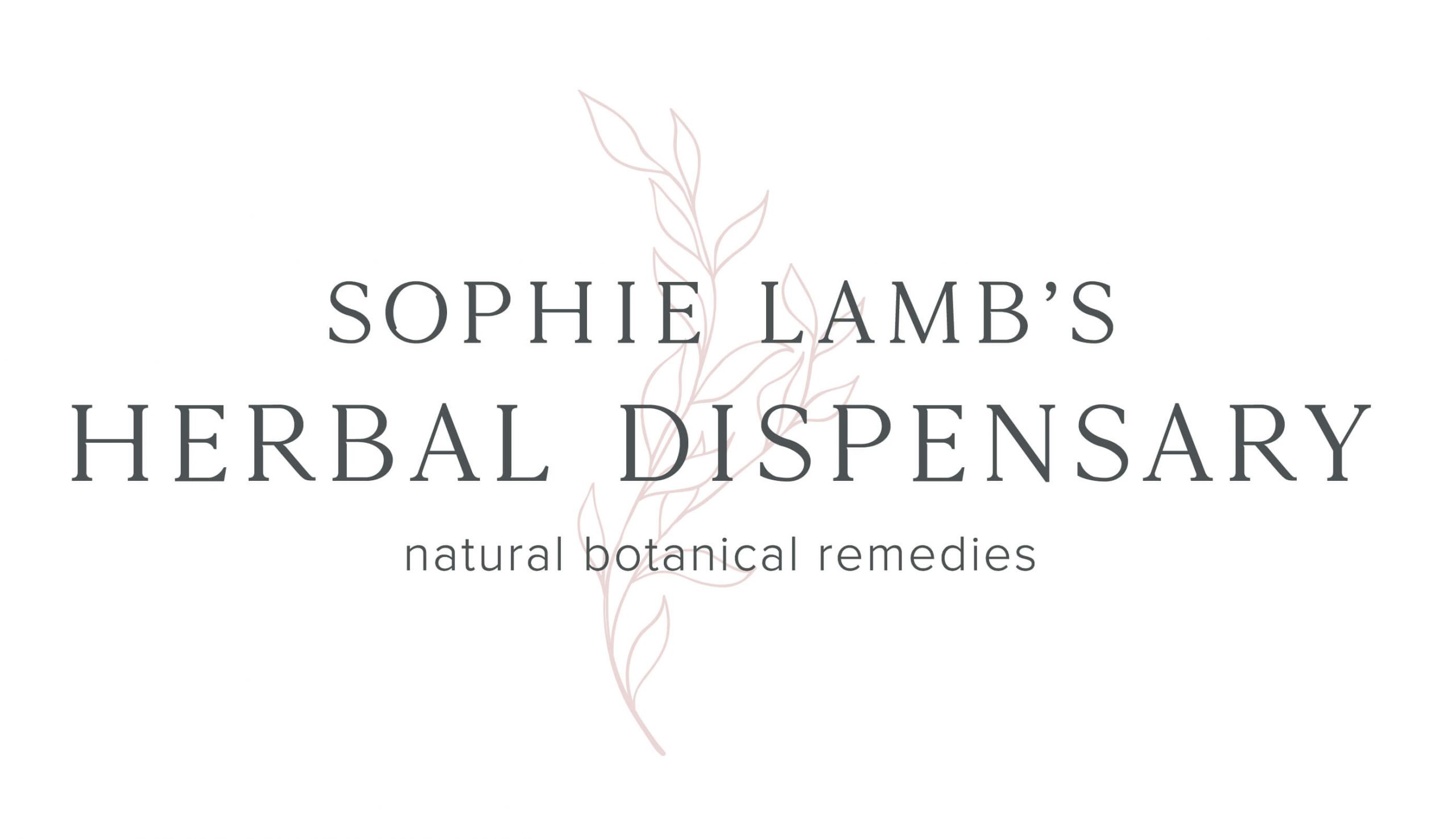
Why Sleep Matters And The Consequences Of Not Sleeping Well
The restorative purposes of sleep are starting to unfold more fully, proving that sleep is something that we need as much as something we want. Over the last 10 years, sleep disorders have been taken more seriously, with effect on productivity and daily life being more well understand with insomnia being increasingly identified as causal for other key diseases. Chronic sleep loss is one of the most common and yet overlooked disorders and has far reaching consequences. Lack of sleep increases the risk of developing high blood pressure, stroke, type 2 diabetes, obesity and dementia. Just recently brain scans have revealed that during deep sleep, the brain actually shrinks by about 50%, causing channels to form in the brain, allowing for the cerebrospinal fluid to flush out debris and effectively detoxify the brain. Now does is make sense that your brain feels literally hungover without a proper night’s sleep?
Poor sleepers are more likely to feel alone, anxious, have relationship problems, struggle to be productive and find it difficult to concentrate. An astonishing 42% of those on sleeping pills have had sleep problems for over a decade proving that sleeping pills are not the solution.
Insomnia is at epidemic levels. A very tired 30% of the population are fighting to get a good sleep. Now one must ask why here? Whilst achieving good quality sleep is no doubt multifactorial (the variables will be covered over the course of upcoming blogs) the deluge of dietary dogma has been a primary contributor with intensive exercise routines being the final nail in the coffin for sleep. Read here how the latest low-carb craze is contributing to the insomnia epidemic.
I’m sorry to say this but good sleep hygiene simply isn’t enough. It not so much your external environment but your internal environment that’s the crux of the matter. As a fully recovered client said to me recently after watching a sleep clinic documentary, “But I was doing all that, I had a comfortable mattress……. and I still didn’t sleep”. This particular lady would often be awake from 1am and not get back to sleep. Now she needs her husband’s alarm to wake her up. I can say categorically that it was her internal environment that was waking her up and keeping her awake. Read here for more insight into how your physiology is key to sleep.
I learned this personally the hard way. I battled with insomnia for nearly ten years, starting in my early 20’s. I did sleep hygiene, explored the psychological approach to the full (a word or warning here), tried various prescriptive sleeping pills and herbs. I did everything. I didn’t sleep when I needed it the most – when I was pregnant and when I had my baby and I was breastfeeding. I was living on fumes. I was just surviving. Barely. I would say that if you are suffering now from extreme exhaustion – I know how you feel. Life was very tough indeed. It was a costly lesson but one which has grounded me solidly in the understanding of sleep. I now sleep very well and have done for five years.
What I came to understand is that what you do during the day determines how you sleep at night. My recovery time to having a good night sleep again was literally days. And that has been retold by the majority of my clients. I am very confident that you too, have the ability to sleep well and become your own sleep expert.
Photo by Victoria Palacios on Unsplash
Post a Comment
You must be logged in to post a comment.




